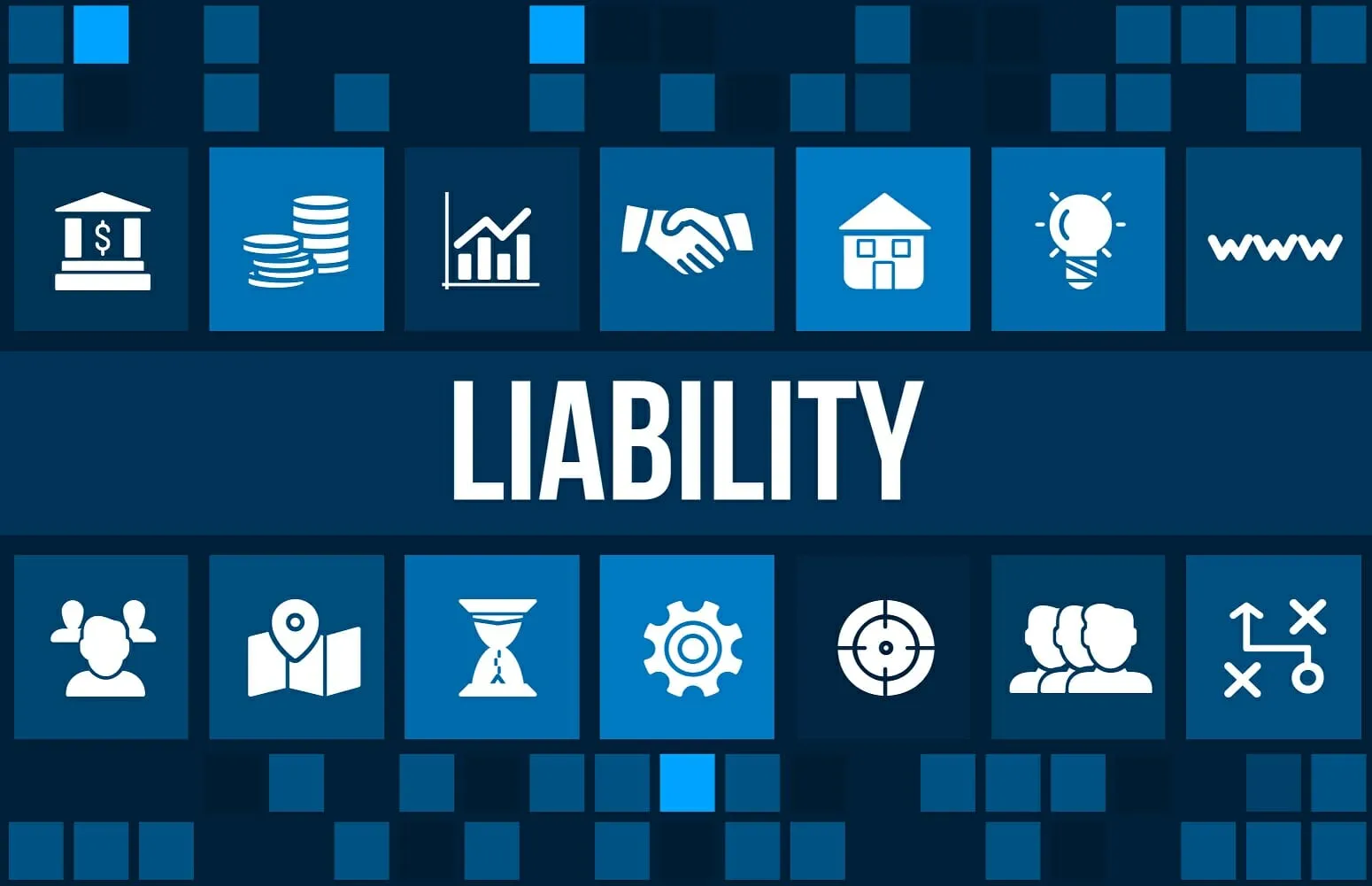Estimated reading time (in minutes)

Protection of borrowers: rules on breaking credit agreements and respecting notice periods
Clarification of liability! In the field of credit agreements, it is crucial to recognize that banks cannot freely terminate credit agreements without consequences. Whether it’s breaking an open-ended loan or not renewing a fixed-term loan, such actions can be considered abusive. To ensure fair practices and safeguard the interests of borrowers, banks are required to comply with certain rules, in particular those relating to compliance with a notice period.
The notice requirement applies to both open-ended and fixed-term contracts. It provides borrowers with essential protection by allowing them enough time to prepare to enter into their credit agreements and explore alternative financial options if necessary. By adhering to this requirement, banks comply with the principles of transparency and fairness, preventing sudden disruptions in the financial situation of borrowers.
Clarification of the responsibility of the banker: granting of credit against wrongful violation
A historic judgment issued on September 23, 2020 by the Chamber of Commerce has highlighted the bank’s responsibility for helping borrowers. This decision made a significant distinction between two major liabilities: liability for extending credit and liability for wrongful breach of credit.
Under Article L313-13 of the Monetary and Financial Code, liability for wrongful termination is established, guaranteeing that banks cannot arbitrarily terminate credit agreements without just cause. On the other hand, Article L650-1 of the Commercial Code deals with liability for the granting of credit, requiring proof of fraud to establish the bank’s liability.
The main purpose of the ruling is to provide clarity and avoid any potential exploitation or confusion between these two distinct scopes. By differentiating these responsibilities, the court strengthens the framework to enforce fair lending practices and protect both banks and borrowers.
Conclusion:
In conclusion, the credit contract, like any contract, cannot be terminated freely by the bank without respecting specific rules and obligations. The abusive termination of open-ended credits or the non-renewal of fixed-term credits can be considered abusive, highlighting the need to respect notice periods.
In addition, the judgment of September 23, 2020 insists on the distinction between liability for granting credit and wrongful breach of credit. Article L313-13 of the Monetary and Financial Code and Article L650-1 of the Commercial Code dealing separately with these attributions, the judge ensures clarity and prevents possible misuse of their application.
Ultimately, these measures are intended to protect borrowers, maintain transparent lending practices, and maintain the integrity of credit agreements within the banking industry.
